Langreview Kurzkritik English Version Fakten + Credits
Floating in luxury for once. When Margot is invited by Tyler to take part in an exclusive and opulent dinner prepared in a show kitchen on a remote island, the young couple has the experience of a lifetime. Each of the five courses features very special delicacies prepared by one of the most renowned chefs in the world. But Margot in particular feels uncomfortable and doesn’t fit in with the elite company that has taken up space around her. Delicacies that don’t fill the stomach don’t fit into her down-to-earth view of the world, and so a conflict quickly forms between the perfectionist and enigmatic chef Slowik and her. It doesn’t take long for the couple to realise that this meal is not normal even by bourgeois standards, but Tyler, who is a big fan of Slowik, is undeterred, while Margot desperately tries to flee before dessert.
Review
French man of letters Franҫois de La Rochefoucauld already stated in the 17th century: „Food is a need, enjoyment is an art.“ This is what US filmmakers in particular are trying to capture time and again and express their fascination with delicacies. From CHEF and BURNT to THE HUNDRED-FOOT JOURNEY and the animated homage RATATOUILLE, we are repeatedly presented with films that make our mouths water. There is even an entire anime and manga series called FOOD WARS! SHOKUGEKI NO SOMA is dedicated to the gourmet theme and centralises competitions for the best preparation. This important position of food is no coincidence, for Ludwig Feuerbach already said: „Man is what he eats“, and thus hit the nail on the head.
With THE MENU, young director Mark Mylod, who previously specialised mainly in series and was involved in some episodes of GAME OF THRONES, among others, now describes a somewhat different approach and celebrates not only the delicacies, but the cuisine and preparation in general in an extremely perfectionist way, which we were last able to experience in a similar style in THE OUTFIT. He takes us into the world of the „rich and beautiful“ and lets us take a seat in a luxurious and unique show restaurant. But what we get is far from being an amuse-bouche, but much more what TRIANGLE OF SADNESS would have liked to be: a class-critical satirical film that settles accounts with the bourgeoisie in the most subtle way and at the same time gives expression to the absurdity, the almost autistically inclined genius of top chefs.
Delicate, but not easy to digest
It is a film that masters the balancing act between luxury holiday and horror trip in a Mckayesque way – for it is indeed noticeable that Adam McKay had his fingers in the pie, even if only as a producer – and that at least tries to approach the concepts of perfection and professional ethics in a completely new way. Split into five acts, each of which depends on the course of the meal, we watch the master chef Slowik, embodied by Ralph Fiennes, prepare his specialities and are thus served a kind of experience gastronomy. As fantastic as some of the dishes may look, it is a pity that the pictures by MULHOLLAND DRIVE cameraman Peter Deming do not manage to radiate exclusivity. Even a simple omelette was captured in THE HUNDRED-FOOT JOURNEY in more breathtaking shots that literally left the viewer’s teeth dripping. Given the focus of the content, this is indeed a tragic criticism of the work as a whole.
Instead of just fobbing us off with a simple menu, however, Mylod serves us a gentle genre shift that adapts to the increasingly demanding courses and develops in a similarly drastic way as THE BEACH once did. However, it is noticeable early on that something is lurking in the offing, precisely because Fiennes is the perfect incarnation of a sadistic but at the same time meticulous antagonist. Although this term should be taken with a pinch of salt, as the boundaries become increasingly blurred in the course of the work and this very role can be clearly called into question. With a mystical touch, the audience is lulled into a false sense of security for a long time, which does not always function smoothly, but is immensely important for the atmospheric build-up and offers an excellent dramaturgy when viewed as a whole.
Single-handedly against the authorities
Particularly noteworthy is the ever-growing criticism of elitist symbolic figures, all of whom in their own way encompass a certain social class or grouping of characters. Anya Taylor-Joy, in particular, has a big job to do in this respect, because alongside the many servants who, with a few exceptions, stroll through the plot in NPC fashion, she acts as a representative of the proletarian and unruly population, single-handedly weaving her way through the affected round-up of would-be nobility. The first corpse at the latest excellently shows how unworldly the bourgeois characters act and with what indifference reality is viewed. While SEE HOW THEY RUN and AMSTERDAM pretend to be ensemble films, THE MENU actually shows how an almost equal illumination of a wonderful cast works. Thus, each role gets enough screentime to develop appropriately. As an uninvolved third party, the audience wanders from table to table like a waiter, piecemeal witnessing the table conversations.
 Conclusion
Conclusion
Thus THE MENU is a subtle, handsome, palatable and involving drama, which, through increasing escalation in the spirit of MIDSOMMAR, shows a calm but nevertheless multi-faceted play and develops further in the direction of a drastic thriller. In fact, black-humoured and perfectly pointed sequences also find their way into the film again and again, purposefully underlining the initially relaxed and exuberant, later oppressive and fear-filled atmosphere. We only get to know a very small set in the manner of a chamber play, but that is perfectly sufficient to place hefty messages and develop a distinctive film that has the potential to burn itself into the audience’s memory.
How did you like the movie?


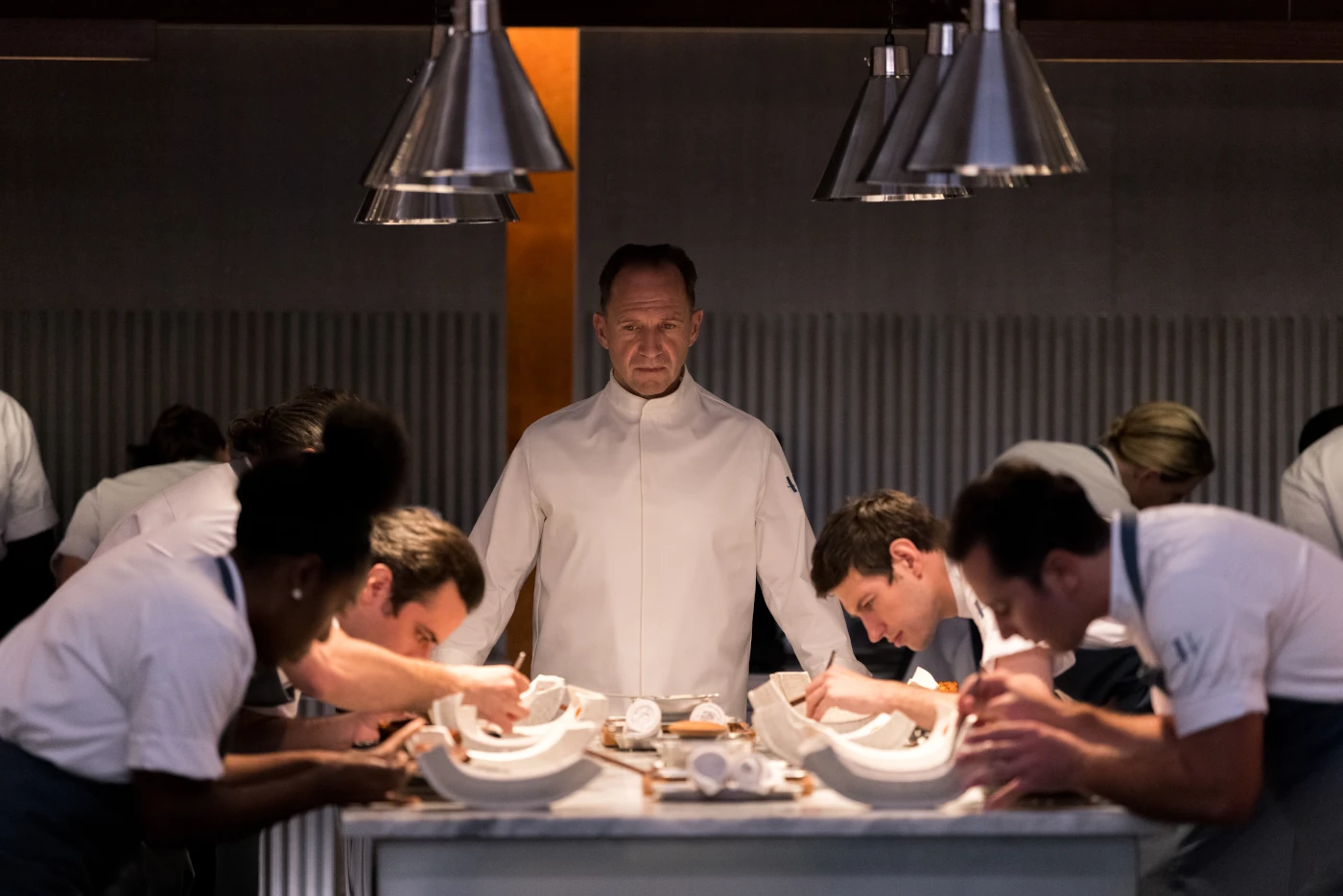
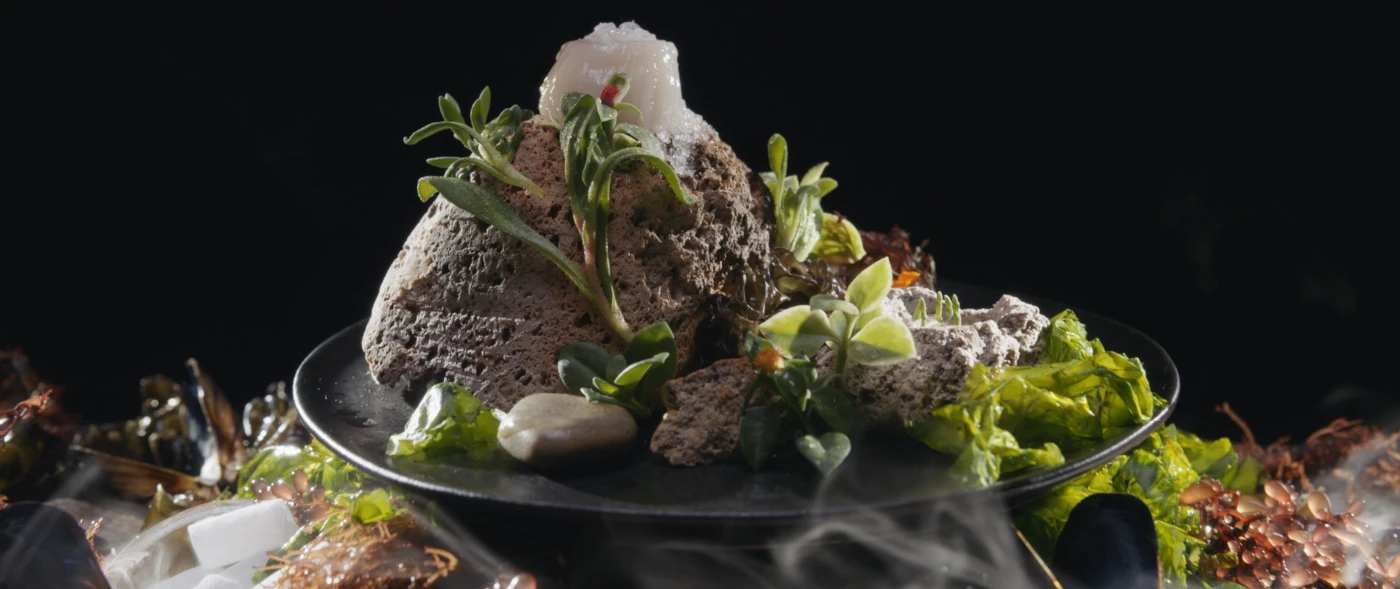
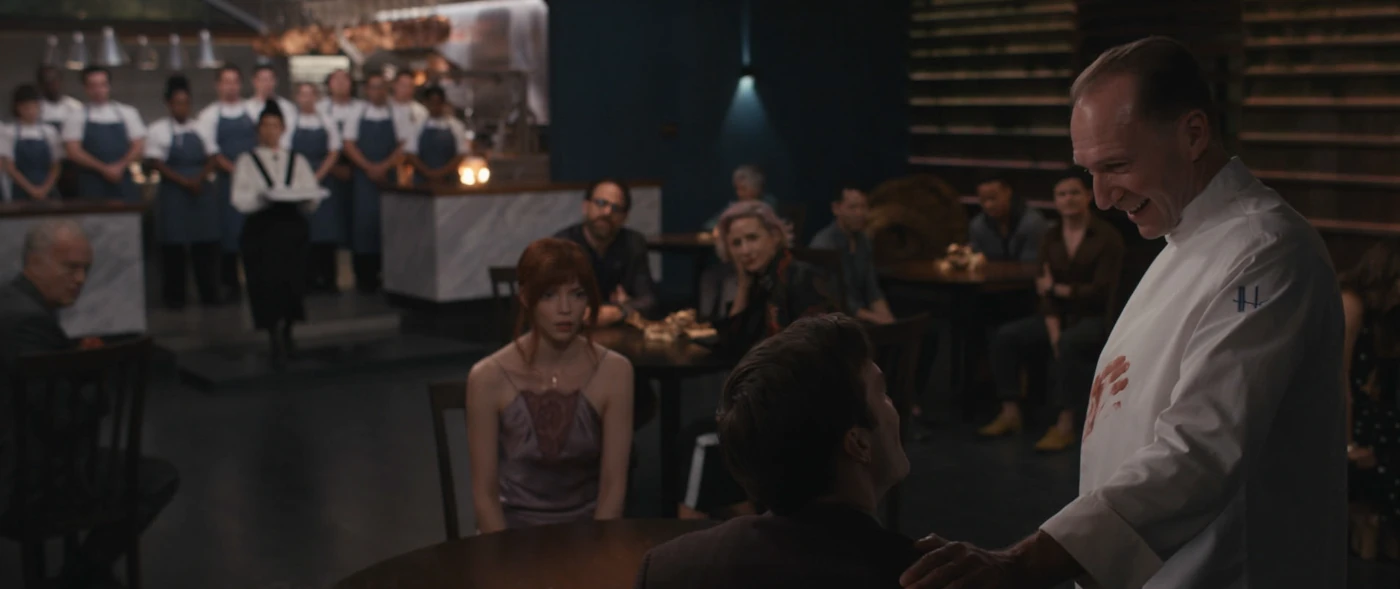
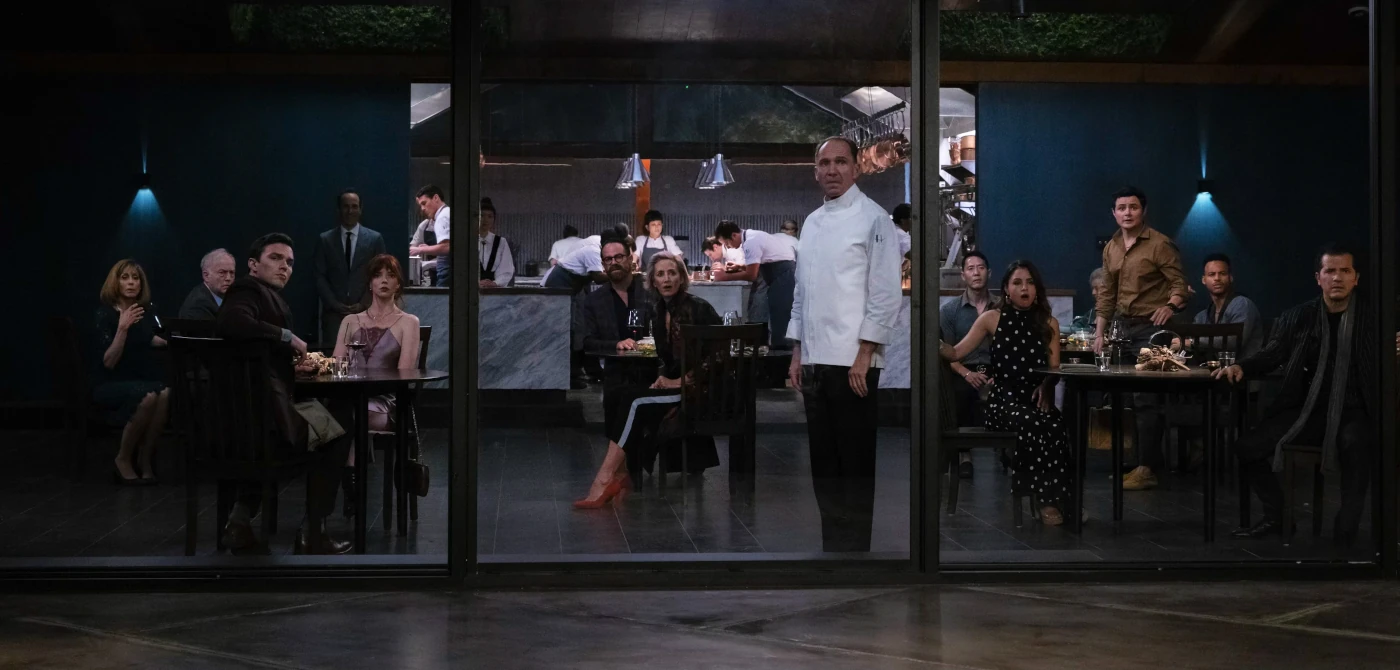




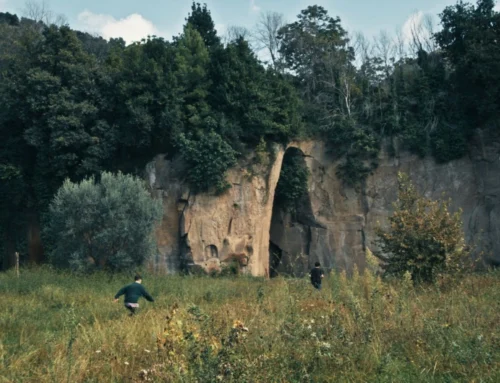
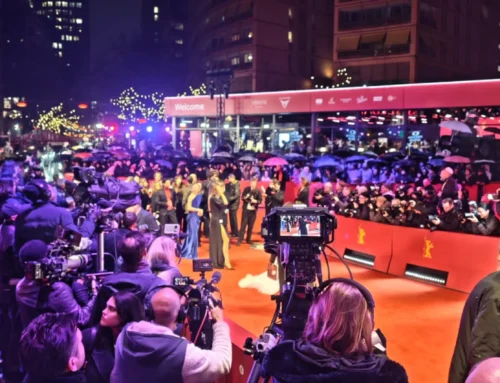
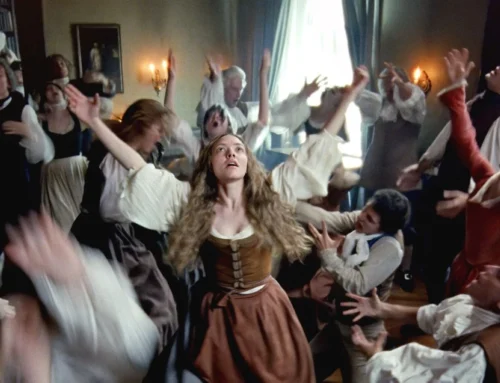
Hinterlasse einen Kommentar